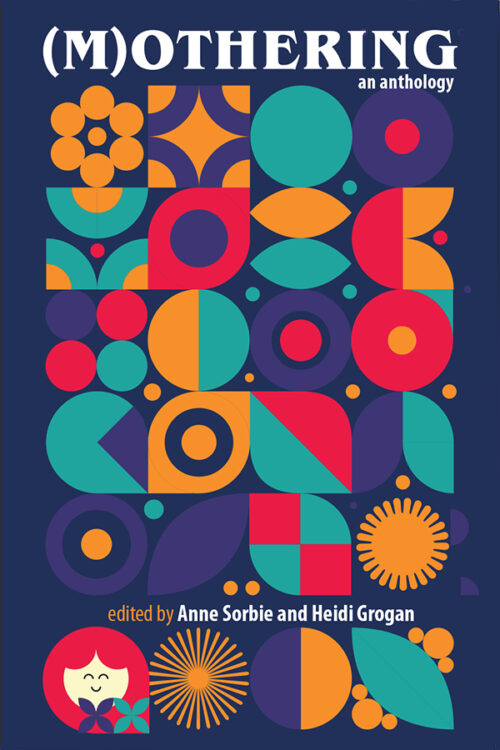This morning, I happened upon a tweet by Jael Richardson who expressed that she’s not too keen on what she’s seeing on book recommendations for Mother’s Day. I responded, interested in what she would recommend.
Richardson’s point is that she wouldn’t make a different recommendation to mothers than she would for anyone else. She writes, “My favourite books for ‘mothers’ are my favourite books for people.” Yep, true. She objects to the spring time covers and so on, and is asking people to think about what the marketers think a “Mother’s Day book” is. It’s a good and important point to make.
Some of the other tweeters on the thread point out that Mother’s Day recommendations can be triggering, and this is so true for people who struggle with infertility or who have lost a child or children or have experienced any of the myriad things that can happen. Anne Sorbie, editor of the upcoming (M)othering Anthology with Inanna in Spring 2022 (with Heidi Grogan) has as inclusive an approach to mothering as I do and says in her tweet, “All people are and do (m)other” to capture that inclusivity. I had recommended her upcoming book in my reply because, well, I’m in it, and I think it’s a logical Mother’s Day book recommendation. I am certain it will be inclusive and wonderful.
The flip side of Richardson’s point is that books about mothers are good for people.
I can’t help thinking that sometimes readers are looking for books that reflect their reality. Sometimes, it is helpful, (and not to be too dramatic) even life-saving, to find someone else who captures something of your experience with their words. A colleague of mine, Diana Gustafson, edited a book called “Unbecoming Mothers: The Social Production of Maternal Absence,” which was groundbreaking and, if it weren’t so darned hard to find now, would be a great Mother’s Day recommendation. It’s about the stigmatization of mothers who come to live apart from their children, for whatever reason. Mothers who give up, surrender, or abandon their children are among the most stigmatized.
What we do to mothers. (Shakes head.)
So, while the recommended books for Mother’s Day may be problematic, it is part of a bigger problem: Mother’s Day itself is problematic. It’s not literally a Hallmark Holiday, but it might as well be. It’s easy to create a situation in which people feel excluded and judged. It becomes the opposite of celebratory. Most problematic of all is the way our culture thinks about mothers, limits them, expects too much of them and offers very little by way of support. Even the notion that mothers are women is, thankfully, being deconstructed as we challenge gender constructs and stereotypes. All of this is welcome.
I also can’t help thinking that marketers are gonna market. Any opportunity to recommend books will be seized. Let’s try and be thoughtful about it.

